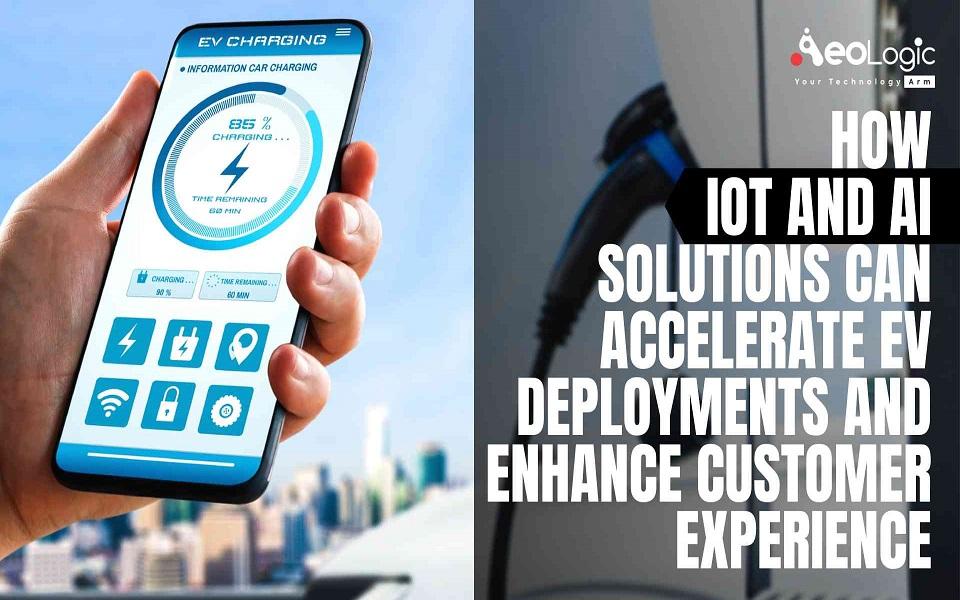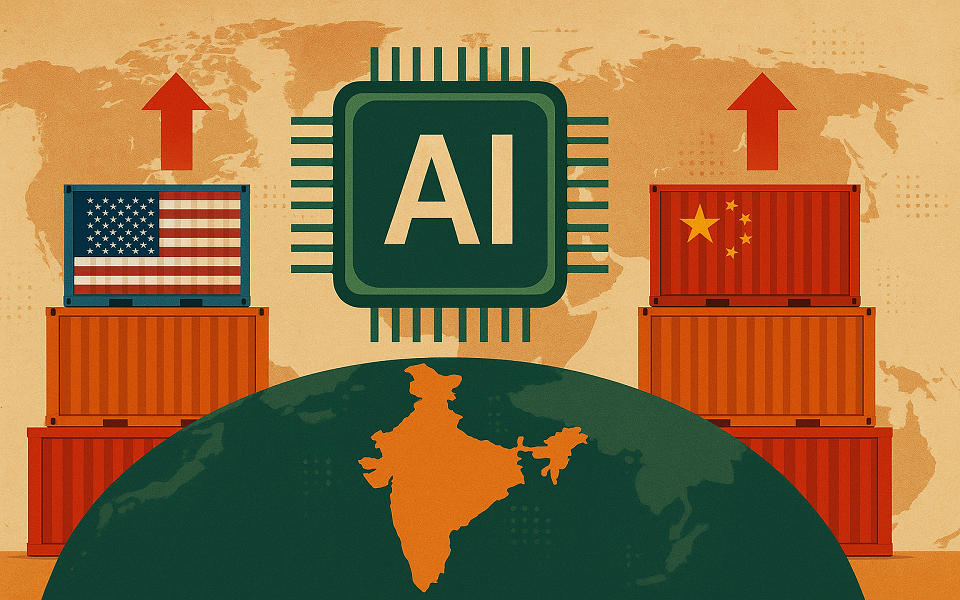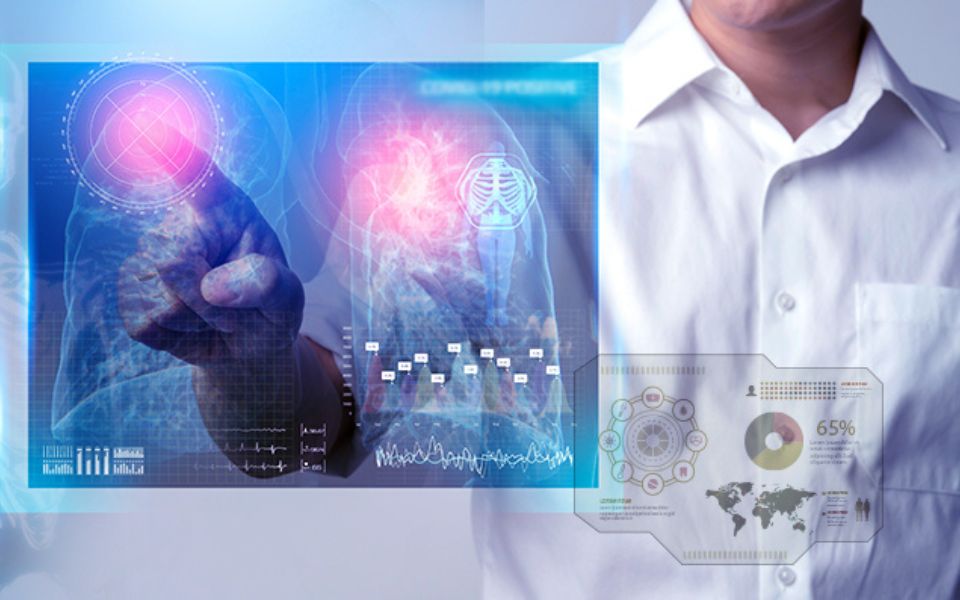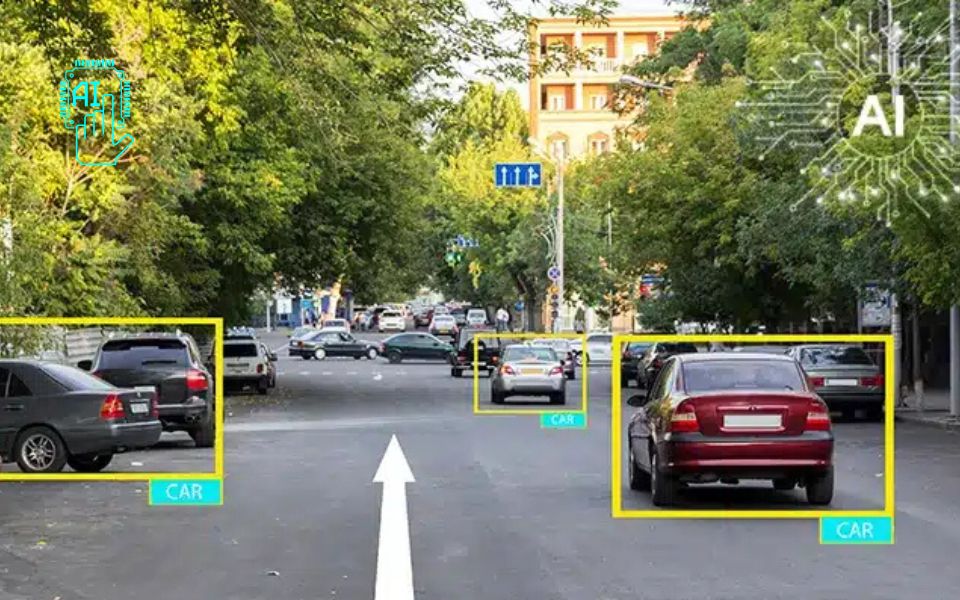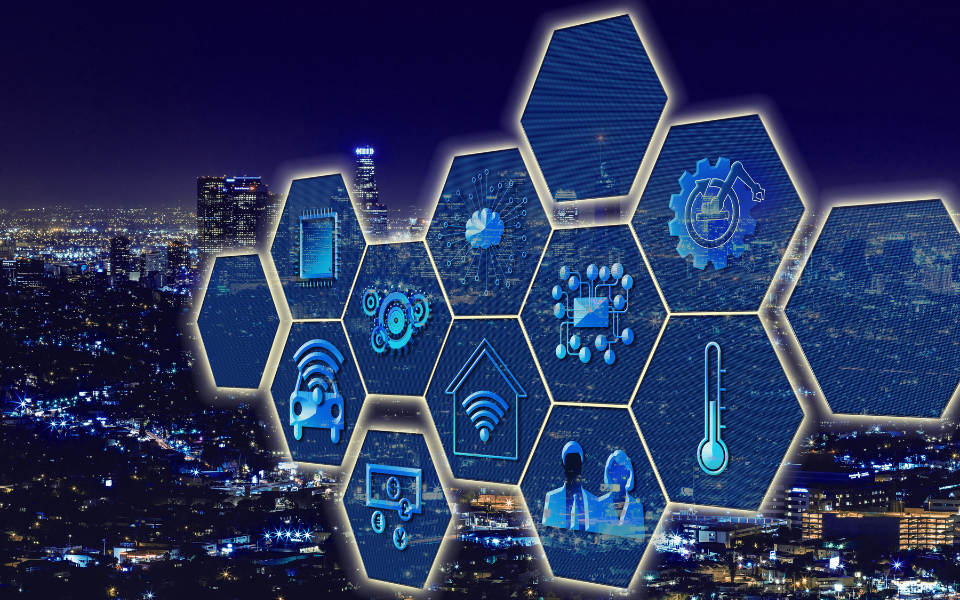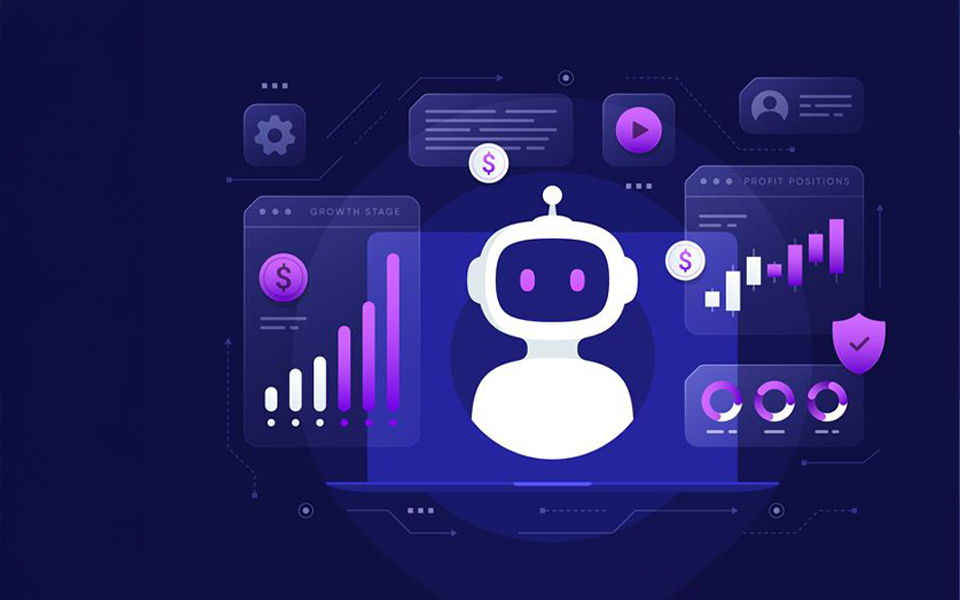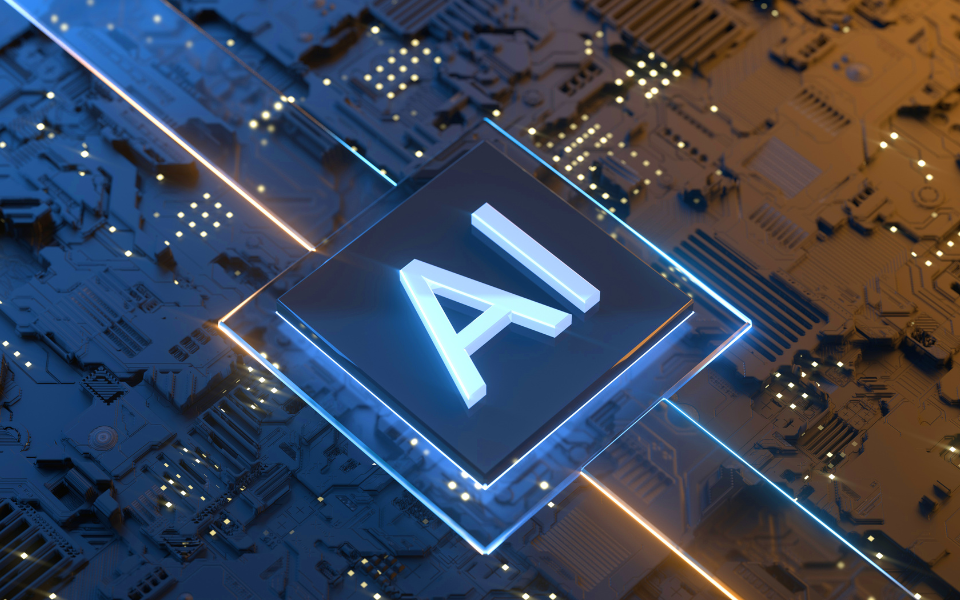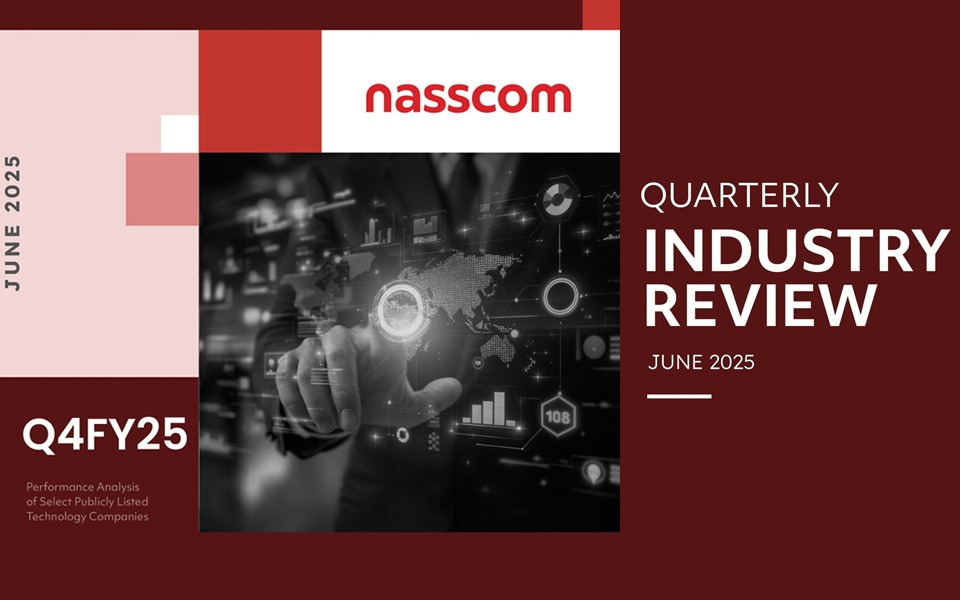The EV market has many significant players, including Nissan, Toyota, Tesla, and BYD. As the cost of batteries continues to decline, it is possible that EVs will become more mainstream. In order to reach this goal, companies must focus on technology from an environmental perspective and a customer experience.
For example, EV charging stations are a common site in cities across the globe. But what about when those stations are not available? Or when there is no power? It is important for businesses to have solutions that can help mitigate these issues and provide customers with a better experience at all times.
This article will discuss how IoT and AI solutions can accelerate EV deployments and enhance customer experience.
So, without further ado, here we go!
Table of contents
- Overview of the EV Market
- Introduction
- How IoT and AI Solutions Can Accelerate EV Deployments
- How IoT and AI Solutions Can Enhance Customer Experience
- How IoT and AI Solutions Can Help Make EVs Safer
- EV Benefits of IoT and AI
- Potential EV Applications of IoT and AI
- Conclusion
An Overview of the EV Market
The EV market is growing rapidly. In 2019, there were over 5 million electric vehicles sold globally, and that number is expected to rise to over 10 million in 2021. That's a lot of cars on the road!
With all this interest, it's important for automakers and other businesses involved in the production and sales of EVs to make sure that their customers have the best experience possible when using their products on the road.
One way they can do this is through IoT and AI solutions, which can help drivers find the best routes between their homes and work stations (and vice versa), monitor how much energy they're using at any given moment, and determine whether or not they're driving safely based on data from sensors on-board their vehicles, identify problems with components like brakes or batteries before problems occur and more!
In short: these technologies can help drivers get where they need to go faster and safer than ever before!
Introduction
According to the International Energy Agency, the global energy system will need to double its current power capacity by 2050 to meet demand. This will require a massive expansion in the deployment of electric vehicles (EVs) and the adoption of new technologies to support this. One of these technologies is the Internet of Things (IoT), which will be used to connect millions of devices to the Internet. The combination of IoT and Artificial Intelligence (AI) will allow for smart, connected cars, homes, and workplaces to be built.
Many owners are unwilling to pay for expensive infrastructure and opt to use the free, public charging stations instead. This results in fewer EVs being charged, which ultimately means that less pollution is produced. Fortunately, this issue can be solved by using IoT-enabled smart devices that can detect when an EV is nearby and automatically switch to a different outlet.
How IoT and AI Solutions Can Accelerate EV Deployments
Connectivity
Using IoT technologies such as Bluetooth Low Energy (BLE) or Wi-Fi Direct, EVs can be connected to the internet without any wires needed. This means drivers can access maps and other information while on the road without having to stop at every light or gas station along the way!
Safety
Through machine learning algorithms combined with advanced data analysis tools such as those available through Google Cloud Platform (GCP), tech companies can provide safer driving experiences by identifying obstacles ahead of time so drivers don't have to deal with unexpected crashes when they're not ready for them yet!
Efficiency
By connecting EVs to the internet, companies can gather data about driving patterns and usage habits that can be used to optimize battery life and reduce overall costs. For example, if you drive less than 10 miles per day on average with your EV, then it's probably not worth paying for a parking spot at your office building.
EV charging
By using cloud computing and IoT technologies, EV drivers can easily find the nearest charging station and have a secure connection to charge their vehicle without having to worry about whether or not someone will steal their battery pack while they're gone!
Improved Productivity
EVs can also be used to monitor driver behavior and performance with the help of technology. By using sensors in the vehicle, companies can collect data on how long it takes drivers to get from point A to point B as well as how many times they speed or drive recklessly! This will allow them to make improvements in their driving styles over time and become more efficient at getting things done without sacrificing any safety.
Mobility
Through data analytics, tech companies can provide information on traffic patterns and road conditions to help drivers make better decisions about when to leave home in order to avoid gridlock. Furthermore, they can use these insights to develop new technology such as self-driving cars that will reduce the number of accidents caused by human error.
Ease of Use
In addition to being able to access maps and other information while on the road, drivers can also use their smartphones as in-car GPS devices. This means they don't have to spend time searching for directions or trying to figure out where they are at any given moment they just need the proper data plan for their smartphone and a reliable Wi-Fi connection!
How IoT and AI Solutions Can Enhance Customer Experience
How IoT and AI Solutions Can Enhance Customer Experience
While the EV industry is still in its infancy, there is no doubt that it has huge potential to change our lives and the way we live. This is especially true as more people are trying to make their own mobility choices, without being limited by a single mode of transport.
One of the most exciting developments in this field is how IoT (Internet of Things) and AI (Artificial Intelligence) solutions can help accelerate EV deployments and enhance customer experience.
For example, companies can use data collected from EV charging stations to determine which stations are most effective at attracting drivers to electric vehicles. They can then use this information to improve customer satisfaction with these stations.
Another area where IoT/AI could help customers is by eliminating unnecessary wait times at charging stations. For example, imagine if car manufacturers were able to use real-time traffic data from Google Maps or Apple Maps to see how long it would take for an electric vehicle driver to reach their destination based on current traffic conditions rather than relying solely on their own estimates which may be inaccurate because they don't know what's coming up next!
These kinds of improvements would make driving an electric vehicle a more pleasant experience for everyone.
How IoT and AI Solutions Can Help Make EVs Safer
EV Benefits of IoT and AI
When it comes to electric vehicles, the future is here.
The combination of IoT and AI solutions can help accelerate EV deployments and enhance customer experience. Here's why:
EV Benefits of IoT and AI
- Improved battery life: The more data you have about your car's performance, the better it can run. With IoT, you can track your vehicle's temperature, location, and health. This information helps you know when to replace your car battery and improve its performance.
- Smarter charging: Charging an electric vehicle is a big part of owning one—and so is paying attention to how much power it uses while charging. With IoT solutions like ChargePoint, you can monitor how much energy your car is consuming when charging at home or work with real-time feedback so that you don't run up your bill too much!
- Safer driving: If you're worried about maintaining control of your car in inclement weather conditions (like rain), you need to be able to monitor the weather conditions around you at all times, particularly during bad weather days when visibility may be low or poor visibility means there could be dangers on the road ahead such as black ice or fog.
- With IoT solutions like ChargePoint, you can monitor the weather conditions around you and stay safe by knowing when to slow down or speed up—depending on what's happening outside your windshield! that you can't see.
Potential EV Applications of IoT and AI
With IoT and AI solutions, we can expect to see a significant increase in their uses in the future. IoT and AI technologies have a wide range of applications in both industries. Below are some of them:
- Enhancing customer experience through better product design.
- Making vehicles safer by making drivers aware of their surroundings.
- Improving efficiency and reducing costs with automated processes.
- Making products and services more affordable by reducing costs.
- Reducing environmental impact through better resource management.
- Reducing the number of errors in diagnosis and treatment by using machine learning.
- Improving the quality of healthcare through better management and monitoring systems.
- Improving the accuracy of product creation through automation and machine learning.
- Improving the efficiency of operations by optimizing the workforce.
- Reducing the carbon footprint by making vehicles more fuel-efficient.
- Improving the security of buildings and infrastructure by detecting anomalies in their usage.
- Improving customer service through better communication with customers.
- Enhancing the quality of customer service by providing an accessible support network.
- Improving efficiency and reducing costs with automated processes.
- Increasing security through real-time monitoring.
Concluding Thoughts
Today, EV is still a niche market. However, as old barriers to adoption and new challenges for EVs emerge, companies are turning to autonomous solutions for business and strategic imperatives. From an economic point of view, autonomous fleets can reduce the total cost of ownership by 53 %. As autonomy becomes more mature, cars will not only be able to drive themselves better but also predict the probability of things going wrong in the future allowing fleet operators to inspect cars proactively before they go out on their next shift.
In short, companies and industries around the world are already working on ways to help EV technology meet its full potential.
Overall, the combination of IoT and AI technology holds great promise for electric vehicle adoption. It can accelerate EV deployments and enhance the customer experience.
If you are looking for technology solutions, feel free to schedule a free 60-minute consultation with one of our experts. We’ll talk about the opportunities and address any concerns you may have. Our consultants will suggest solutions and outline how they can be implemented. Let’s talk!
Aeologic Technologies is a great place to start!
FAQ's
Why should we use IoT+AI solutions?
IoT+AI solutions help you create more engaging customer experiences. They help you deliver relevant content at the right time and place to your customers, and they help you understand customer behavior in real-time.
How can IoT+AI help EV deployments?
IoT+AI solutions can help EV deployments because they can improve the efficiency of charging, optimize energy usage, and improve fleet management.
How can IoT+AI solutions enhance customer experience?
IoT+AI solutions can enhance customer experience because they help you provide real-time insights about your customers' needs and preferences, and they help you deliver relevant content at the right time and place to your customers.
How can IoT+AI solutions help EV fleets?
IoT+AI solutions can help EV fleets because they can improve the efficiency of charging, optimize energy usage, and improve fleet management.




